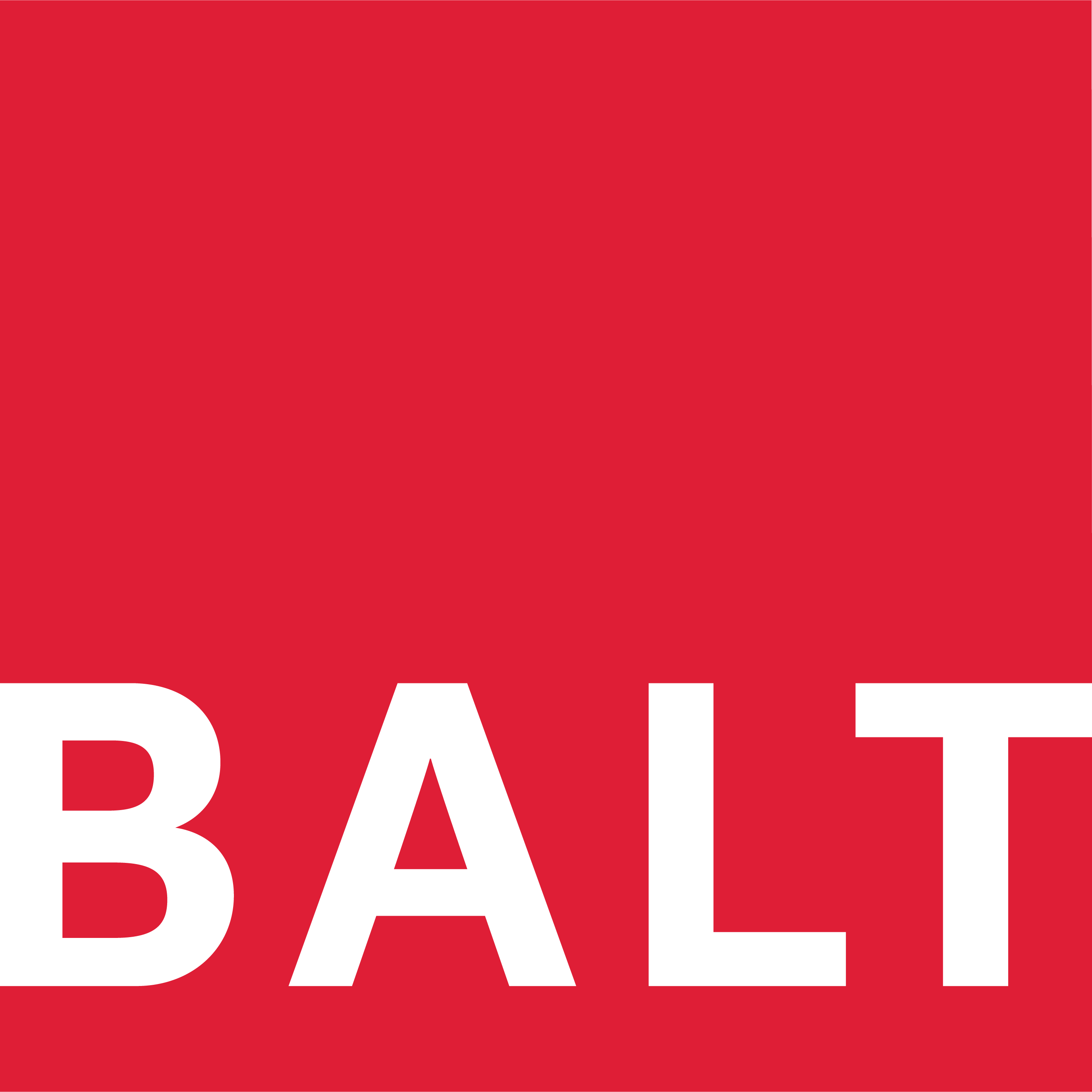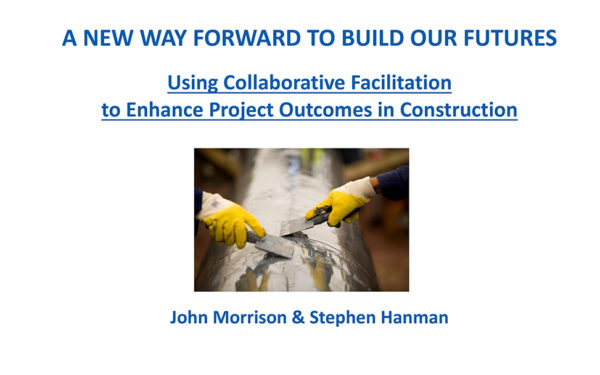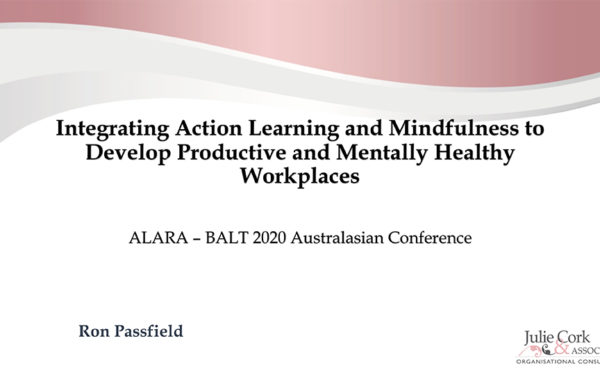| Brook Batch, Dr Alex Nakonechnyi, Dr Rebecca Allen & Jacqueline Roberts Mount St Joseph University Centre for Community IT Engagement (USA) |
Symposium 2 Making college accessible for rural students: A participatory action research project |
| John Morrison Frontline Coach Pty Ltd (Australia) Stephen Hanman Mira Companions for Development (Australia) |
Paper presentation 15 A new way forward to build our futures; Developing innovative collaborative delivery models in construction to enhance project outcomes |
| Emeritus Prof Ron Passfield Merit Solutions (Australia) |
Workshop 5 Integrating action learning and mindfulness to develop productive and mentally healthy workplaces |

Brook Batch
Mount St Joseph University
Center for Community IT Engagement
USA
Dr Alex Nakonechnyi
Mount St Joseph University
Center for Community IT Engagement
USA
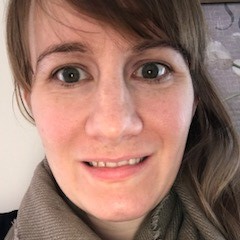
Dr Rebecca Allen
Mount St Joseph University
Center for Community IT Engagement
USA
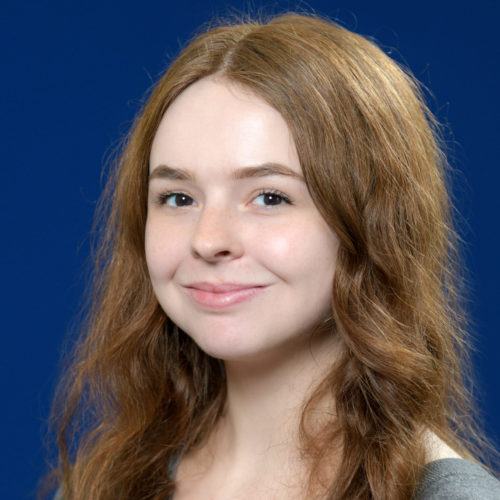
Jacqueline Roberts
Mount St Joseph University
Center for Community IT Engagement
USA
Making college accessible for rural students: A participatory action research project
While much research has been done on college access, relatively little research has focused on rural students. Rural students may be underserved; often they face not only poverty, but, in comparison with their urban counterparts, sparse local supports and resources for college preparation.
In this symposium:
- We will present our participatory action research (PAR) project. Our team of college administrators, faculty, and students worked together to collect and analyse quantitative and qualitative data on why rural students in our area chose (or did not choose) college. We found that family and community resources play an outsized role in decision making. Rural students may also be reluctant to leave their communities and be confused about financial aid. In response to our findings we have implemented and continue to refine digital communities, apps, and chatbots as well as build relationships in local communities.
- Following our short presentation of the project, participants will have the option to breakout into one of the following sessions:
- Creative and Participatory Digital Data Collection and Analysis. Based on our experience with our current PAR project, we will share ways creative ways that one can collect and analyse data in the face of social distancing. The participants can expect to engage in a mini data collection and analysis project as a learning exercise.
- Resource Navigation and Digital Community Building Using Apps. Technology has the potential to transform our communities by dismantling barriers to knowledge and resources. In this session, we will collaboratively build a chatbot “on the fly” so as to cultivate understanding of technological possibilities and research collaborations.
- Our session will conclude with a student co-researcher panel on rural student access and student participation in research.
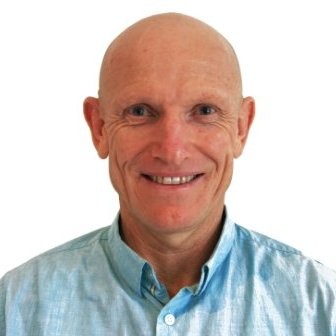
John Morrison
Frontline Coach Pty Ltd
Australia
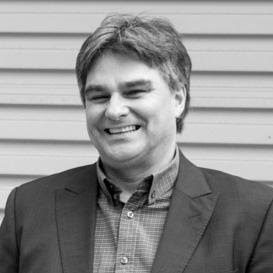
Stephen Hanman
Mira Companions for Development
Australia
A new way forward to build our futures; developing innovative collaborative delivery models in construction to enhance project outcomes.
Recent problems with poor quality in the construction industry in Australia are deeply concerning. Scenes of occupants having to vacate faulty apartment builds in Sydney and Melbourne and disastrous government projects such as Sydney Light Rail and Perth Hospital clearly show that the construction industry requires serious reform and new approaches to meet the demanding requirements of the future.
State Governments are currently responding to the recent Shergold Weir Report in different ways by implementing more robust regulations. Better regulation will help but the deep seated culture of win/lose procurement models which compromise sustainable supply chains and mindsets which erode psychology safety also need an upgrade.
Recent research by Love, Morrison et al. on several Australian construction companies also reported an alarming 70% link between rework and safety incidents. So not only are we building faulty assets but they are actually unsafe to work on.
The above scenario is even more alarming given that we are in the middle of a pandemic with so many more SMEs likely to go broke and then conversely governments using big infrastructure spends to help rebuild the Australian economy.
This presentation based on action research by John Morrison and Stephen Hanman aims to provide a new way forward for the construction industry on how to create higher trust delivery models to enable workers and companies (big and small) to prosper.
Stephen will discuss a 5 year Melbourne design and construct program that did not tender for 80% of the total spend but saved 7% on total construction costs and enabled contractors to lower prices by up to 20% while increasing profits. While John will share his recently published research with Barwon Water where high trust environments were created on a lump sum water infrastructure project with outstanding delivery outcomes.

Emeritus Prof Ron Passfield
Merit Solutions (Aus)
Integrating action learning and mindfulness to develop productive and mentally healthy workplaces
Mindfulness is frequently embedded in individually focused Workplace Wellness Programs. What happens if you embed mindfulness in managerial practice? The Confident People Management Program (CPM) is designed to build the awareness of participant managers of the impact of their thoughts, emotions, words, actions, omissions and how they spend their time. The program uses a team culture framework and encourages proactive and conscious development of a culture that simultaneously builds a productive and mentally healthy workplace. The longitudinal program incorporates action learning; experiential learning; reflection; on-the-job practice between workshops; sharing experiences, learning and blockages; consciousness-raising activities; mindfulness resources; a workplace project designed to assist participants to implement their learning over the course of the program; and project presentation to senior managers. Independent evaluations and anecdotal reporting have demonstrated that CPM results in growth in managerial confidence and competence, innovative practices and transfer of learning to the workplace (particularly where that transfer is supported by the immediate boss). Oral and email communications from participants over the last 12 years indicate that the program is conducive to the development of a mentally healthy workplace. External research supports the contention that both action learning and mindfulness build self-awareness and a sense of agency – psychological states conducive to positive mental health. At the end of the program, participants present their project plans, actions, outcomes and reflections to the relevant hierarchy of their organisation and their fellow participants. This builds in accountability and makes their findings public. The virtual Conference workshop will provide insight into the underpinning cultural framework model and program design; and offer participants the opportunity to experience a range of exercises designed to build consciousness and self-awareness in their managerial practice.
